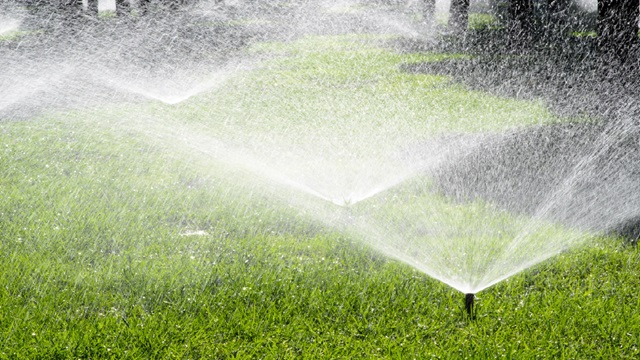Efficient and effective irrigation is crucial for maintaining healthy landscapes and agricultural fields. Contractors, whether working in residential or commercial environments, need a well-rounded inventory of irrigation supplies to ensure they can meet the demands of any project.
Irrigation Controllers
Irrigation controllers, or timers, are the brains of an irrigation system. They automate watering schedules to ensure landscapes receive the right amount of water at the optimal times. Modern controllers come with features like weather sensing, smartphone integration, and multiple programming options, which enhance water efficiency and ease of use. Contractors should stock both basic and advanced models to cater to varying client needs. You can buy all types of wholesale irrigation supplies from expert providers.
Sprinkler Heads
Sprinkler heads are vital for distributing water evenly across a landscape. There are several types of sprinkler heads that contractors should consider:
- Rotary Sprinklers: Ideal for large areas, rotary sprinklers deliver water in a rotating stream, ensuring even coverage.
- Fixed Spray Heads: Best for smaller areas, these heads provide a constant spray pattern and are available in various spray angles.
- Drip Irrigation Emitters: Essential for precise watering of plants and shrubs, drip emitters reduce water wastage by delivering water directly to the root zone.
Valves
Valves control the flow of water within an irrigation system. Contractors should have a selection of both manual and automatic valves. Solenoid valves, which are controlled by the irrigation controller, are particularly important for automated systems. These valves allow for precise control over different zones in the landscape.
Pipes and Tubing
High-quality pipes and tubing are the backbone of any irrigation system. Contractors need durable options that can withstand various weather conditions and soil types. Common materials include PVC for main lines and polyethylene for drip irrigation lines. Flexible tubing is also essential for areas with complex layouts or where direct routing is necessary.
Backflow Preventers
Backflow preventers are critical for protecting potable water supplies from contamination. They ensure that water flows in one direction, preventing any backflow of potentially contaminated water into the main supply. Contractors should ensure that their installations meet local regulations and standards.
Fittings and Connectors
A variety of fittings and connectors are needed to join pipes and tubing in an irrigation system. These include elbows, tees, couplings, and adapters. Having a range of sizes and types on hand ensures that contractors can handle any configuration or repair quickly and efficiently.
Pressure Regulators
Pressure regulators are essential for maintaining consistent water pressure throughout the irrigation system. They prevent damage to components and ensure that water is distributed evenly. This is particularly important in areas with high water pressure or elevation changes.
Filters
Filters are necessary to keep debris and particles from clogging the irrigation system. Contractors should use filters that match the requirements of the specific system that they’re installing, whether it’s a mesh filter for sprinkler systems or a more fine-grained filter for drip irrigation.
Moisture Sensors
Moisture sensors help optimize irrigation by measuring soil moisture levels and adjusting watering schedules accordingly. These sensors can prevent overwatering and make sure plants receive the right amount of water, promoting healthier growth and conserving water.
Tools and Accessories
Having the right tools and accessories is essential for any irrigation job. This includes trenching tools, pipe cutters, wire strippers, and multimeters for electrical troubleshooting. High-quality tools ensure efficient and accurate installation and maintenance.
By stocking these essential supplies, contractors can make sure they’re prepared for any challenge and can provide their clients with optimal irrigation solutions.



